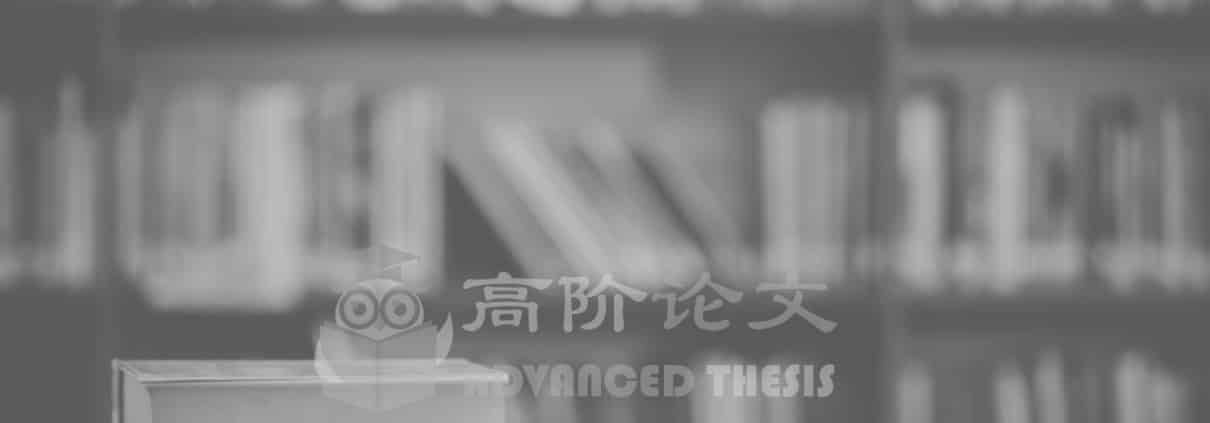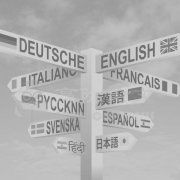美国代写report:联合利华
美国代写report:联合利华
菲律宾Smart Communications公司发现,可用性是向BOP市场提供移动电信服务的最大障碍。虽然知道管理供应链将是非常昂贵和困难的,他们试图想出一个创新的解决方案。他们启动了“无线”支付系统,最大限度地降低了物理分配产品的成本。消费者可以通过电子方式重新加载,即使是在偏远的农村地区,也可以帮助消费者购买空运时间。
美国代写report:联合利华
全球快速消费品巨头联合利华(Unilever)的Smart公司也认为,国际收支中的消费者将成为公司长期盈利的关键。他们制定了一个分配制度,确保他们的产品到达最远的地区。 HLL经销商使用牛车,自动人力车和独木舟来分销他们的产品
负担能力被定义为公司的商品或服务对于BOP市场的消费者来说合理的程度。由于这些消费者靠日常工资茁壮成长,公司必须以能够使消费者甚至是最贫穷的消费者的价格来交付产品。三分之二的收入最低的消费者对价格极为敏感。他们中的大多数将收入用于食物。无论微薄的收入是用来购买必需品。联合利华为最重要的生活必需品开发了非常便宜的小包装。小包装满足了消费者的日常需求,因为它们的价格非常低廉。联合利华并没有专注于销售。他们想要改变这个制度。他们想到如何将自己的产品变成一个影响深远的运动(Gorman,Werhane&Mead,2004)。他们致力于事业,他们的动力是服务于人,而不是积累利润。
美国代写report:联合利华
Smart Communications Inc. of Philippines’ found that availability was the biggest hurdle to provide mobile telecom services to the BOP market. Although knowing that managing the supply chain would be very costly and difficult, they tried to come up with an innovative solution. They started the “over-the-air” payment system which minimized the costs of distributing the product physically. Consumers could electronically reload which helped the customers to buy the air time even in remotest rural areas.
美国代写report:联合利华
Not only Smart, global FMCG giant, Unilever, too believed that consumers in BOP would be the key to the firm’s long term profitability. They developed a distribution system which ensured that their products would reach the farthest areas. The HLL distributors used bullock carts, auto rickshaws and canoes to distribute their products
Affordability is defined as the extent to which a company’s goods or services are reasonable to the consumers of the BOP market. Since these consumers thrive on daily wages, companies have to deliver products at a price which would enable consumption even to the poorest customers. Two-thirds of the consumers in the lowest income band are extremely sensitive to price. Most of them spend their income on food. Whatever meagre income is left is used to purchase necessities. Unilever developed very low priced small packs for the most important necessities of life. The small packs met the daily needs of the consumers as they had a very low price. Unilever did not concentrate only on sales; they wanted to bring about a change in the system. They thought about how their products can turn into a movement which would have a far reaching impact (Gorman, Werhane & Mead, 2004). They were dedicated to the cause and their motivation was to serve people rather than accumulating profits.








